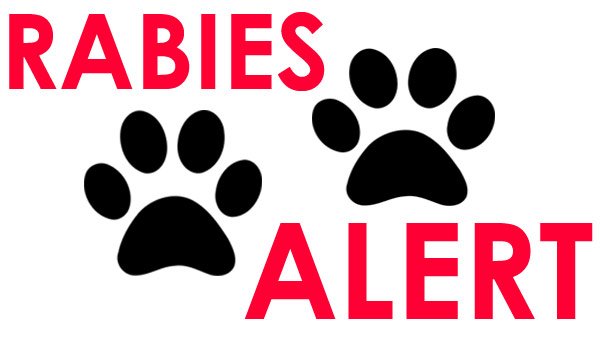Department Issues Rabies Alert in High-Risk Regions: Urges Public Caution

The Department of Agriculture, Land Reform and Rural Development has issued a public alert cautioning residents and holidaymakers about the elevated risk of rabies in specific regions of the country. Rabies is notably prevalent in the Eastern Cape, Kwazulu Natal, Limpopo, and Mpumalanga Provinces, as well as along the Free State-Lesotho border.
‼️Caution in Coastal Areas: The coastal areas of KZN and EC are identified as particularly high-risk zones for rabies. The public is strongly advised against approaching, touching, or picking up stray dogs and cats in these areas for any purpose.‼️
To prevent the spread of rabies to other regions or provinces, individuals are encouraged to report sightings of stray animals rather than attempting to handle them.
Understanding Rabies: Rabies is a severe, predominantly fatal zoonotic disease, capable of transmission from infected animals to humans. While any mammal can contract rabies, infected dogs and cats pose the greatest threat to human health.
The rabies virus is transmitted through the saliva of an infected animal during bites, scratches, or licking. Infected animals may exhibit changes in behavior, ranging from unprovoked attacks to increased friendliness or lethargy. Additional signs include excessive drooling, difficulty swallowing, continuous vocalization, odd behavior, and potential aggression.
Once clinical signs become visible, there is no curative treatment, and rabies is 100% fatal.
‼️Emergency Action: If there is a suspicion of exposure to an animal with rabies, it is crucial to thoroughly wash the wound with soap under running water and seek immediate preventative treatment at the nearest healthcare facility.‼️
The Department of Agriculture, Land Reform and Rural Development emphasizes the importance of public awareness and caution in these high-risk areas to mitigate the potential spread of rabies.
